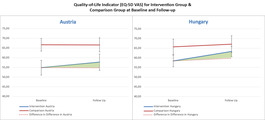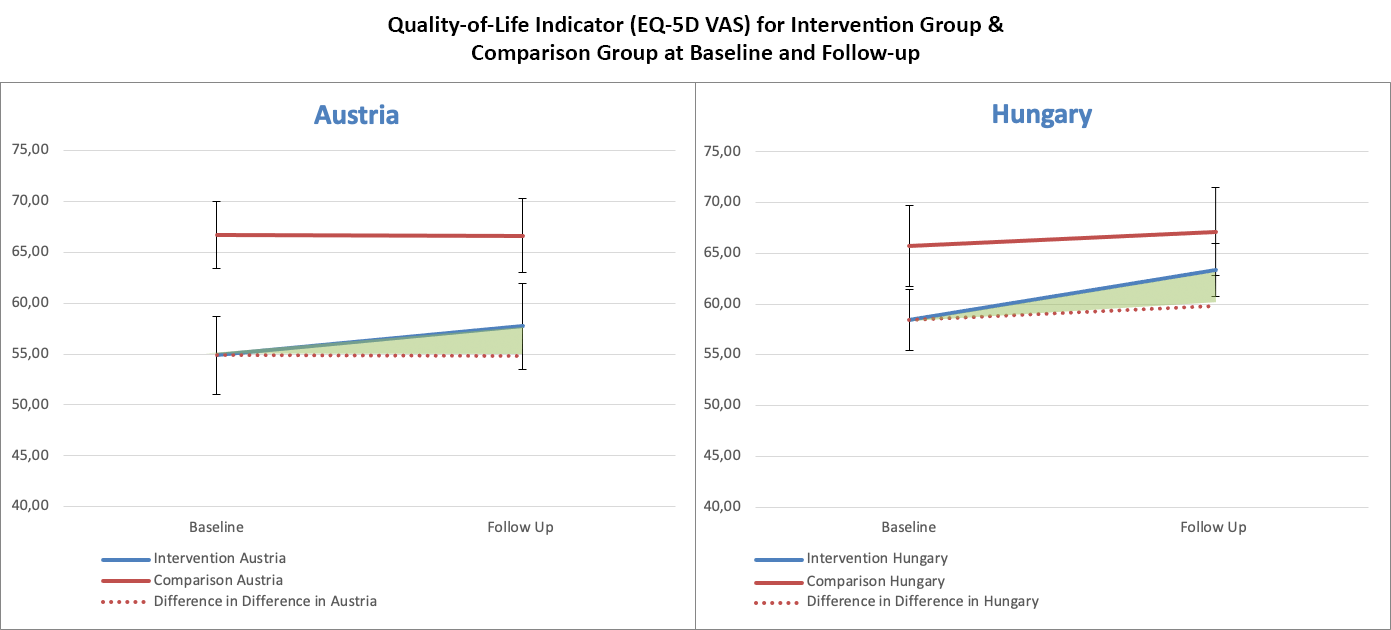|
|
Research in the time of COVID-19
The impact of COVID-19 on the posting of workers and their workplace safety
The posting of workers describes a process by which companies and temporary work agencies send employees from one EU Member State to another to provide a service in that country for a specific period of time based on dedicated EU Directives. Meanwhile, posted employees remain covered by and pay contributions to the social security institutions of their home country.
more
Healthy surveillance - happy data sharing!
Readers of this essay are invited to a quiz: try to spot the difference between reality and dystopia!
“Ladies and gentlemen, I welcome you to this meeting that we are starting today with a new ritual. As you know, registration with the COVID-19 app is a prerequisite for attending this meeting. Now I ask you for the corresponding ‘electronic handshake’. At the same time, I have to inform you that you are obliged to report immediately if you receive a health warning during our session. In this case the session will be terminated.”
more
Policing the healthy and the unhealthy
Research projects at the European Centre demonstrate the significance of inter-disciplinary thinking particularly in times of the worldwide Covid-19 crisis. In fact, what is currently designated as a “health crisis” expands beyond medicine and calls for expertise in several other disciplines of the scientific arena such as economics, political science, legal studies, information technology, sociology and philosophy. Hence, expertise in health economics, social welfare politics, law enforcement, technology assessment and ethics is needed to gauge the social consequences in this situation. In the following contribution, I would like to present findings from European Centre’s research together with fresh ideas to underline this inter-disciplinary approach.
more
|
Highlight
Interreg Austria-Hungary: age-friendly region finalised

“Age-friendly region” (AFR) aimed at developing new care models so older people can live longer at home with the best possible quality of life, including:
- Tailored case & care management
- Interregional cooperation among organizations in Styria & Western Hungary
- Evaluation by the European Centre
A pre-post survey of 100 health and care experts indicated that networking and collaboration improved during AFR. Also, 230 older clients reported their health status, which they assessed about 3% higher at the end—compared to older people without AFR services (e.g., on the EQ-5D visual analogue scale).
The evaluation points to a positive direction of AFR effectively addressing growing LTC needs, and recommends:
- Making services participative, integrated & interdisciplinary,
- Considering regional differences, and
- Continuing AFR sustainably.


AFR was funded by the European Regional Development Fund. More details at here
|
Projects
|
Publications
New Policy Brief: The lost potential of SDG 17
This Policy Brief analyses how partnership is understood and promoted in European Union regulations and programmes. The central argument of the brief is that a much deeper understanding of partnership than that presented in the Sustainable more
|
Upcoming Events
|
|